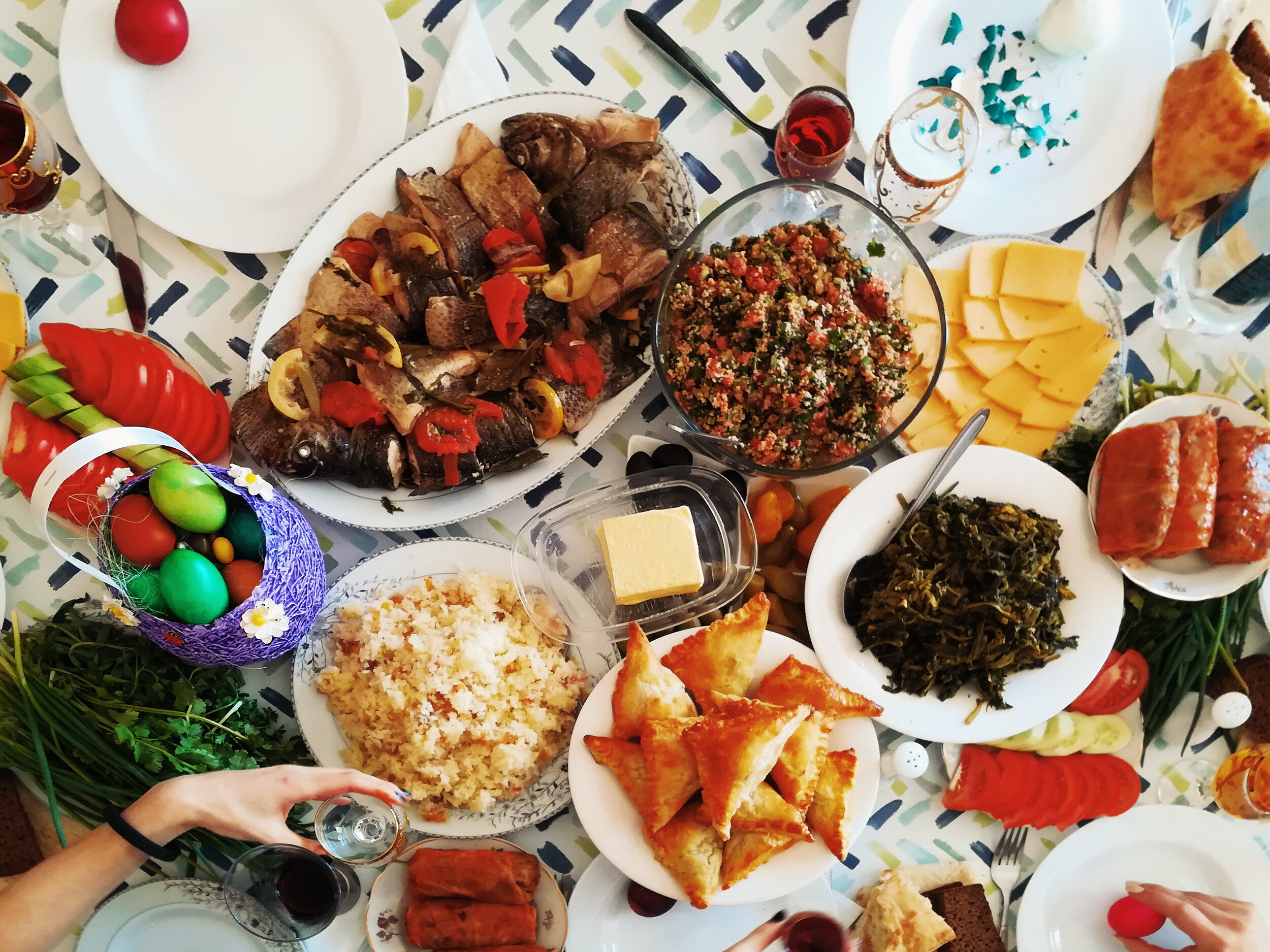Everything You Need To Know About Intermittent Fasting
“The Best of All Medicine is Resting and Fasting”
- Benjamin Franklin
What’s in this review?
Summary
Three Reasons you will Love “Delay Don’t Deny”
Deeper Thoughts & Other Resources
Summary:
Eat meat, don’t eat meat, eat lots of fat, don’t eat any fat. Eat less, move more, count points. Ohh, and how about that food combo plan? If you eat meat, don’t eat carbs, and if you eat carbs, don’t eat meat. It’s soooo confusing!
No matter if you’re looking to lose some weight or gain a healthier body, intermittent fasting is a good way to go. First of all, intermittent fasting is simple. It’s not about what you eat, it’s about when you eat. There are all types of plans out there that will help you decide what works best.
In a nutshell, you can fast anywhere from 12 hours in between meals - to one meal a day (OMAD) - to anywhere in between. There’s no fasting police out there to shame you, and there’s no perfect solution. It’s a personal choice. For those of us who get rebellious the second someone starts to make some rules, fasting is a wonderful alternative to something like counting points or restricting carbs.
Also, you can eat whatever you like within reason. The magic of fasting is how it somehow resets your ability to make healthier choices, and increases your ability to feel satisfied. Believe it or not, there’s science behind what I just wrote. One of my favorite books that explains intermittent fasting is “Delay, Don’t Deny” by Gin Stephens. Read on to see why I find her book to be a good one to consider…
"Delay, Don't Deny" by Gin Stephens
The Conversational Tone:
Gin is down to earth, factual, and by her own confessions, a professional dieter. Her tone is conversational, and she does a fantastic job of translating all the science-y words.
Tons Of Research & Information:
Even though the Gin talks about her personal experience, she’s not asking you to take her word for it. The book is filled with resource links just in case you are skeptical and want to read all the details behind her findings.
She talks about the different types of fasting styles, and she offers some pros and cons for each approach. Besides all of the scientific evidence about the health, there’s also the benefit of appetite correction. I’m not sure how it works, but it does seem to work!
“Appetite Correction is the Holy Grail of intermittent fasting, and it is the state you reach when your satiety signals are in tune with an appropriate amount of food for your body.”
3. You Will Be Inspired:
Gin talks about the books she read that inspired her to change her lifestyle. And what a change! She lost somewhere around 75 pounds in less than a year! She even included some before and after pictures that show the difference intermittent fasting has made.
Deeper Thoughts
It’s important to note that intermittent fasting is not really a diet. It’s the practice of building in some time between meals.
it’s when you eat that makes the difference
There’s a variety of approaches, and whoever decides to give it a go, decides what works best for them. “Delay Don’t Deny” covers all of the different plans folks are doing, and Gin encourages the reader to find their own path.
In a nutshell, intermittent fasting helps with making food more about something you enjoy, and less about something you crave.
It’s kind of strange, but changing the “when”of eating somehow fixes cravings and binging. Oh happy day! Cravings turn into decisions - Uncontrollable binge eating turns into choices!
Lots of good, life-changing information came from reading this book!
Adopting my own version of intermittent fasting has dramatically changed the way I think about food. It was not planned - but over time - I found myself enjoying more fruits and vegetables and eating less junk food.
Now that you’ve read about Gin’s book on intermittent fasting,
check out the consumer advocate website
and read about the top 10 diet plans for 2020!
This site offers not only information on intermittent fasting, but also gives a ton of other healthy living options. To be totally honest, there are times when intermittent fasting is not the best approach for me. In times of stress, it seems like focusing on eating more fruits and vegetables with very small amounts of protein works well for me. We’re all different, and we all need to find our way. And what works one season might not necessarily work the next. Life is short - variety makes it sweet!

